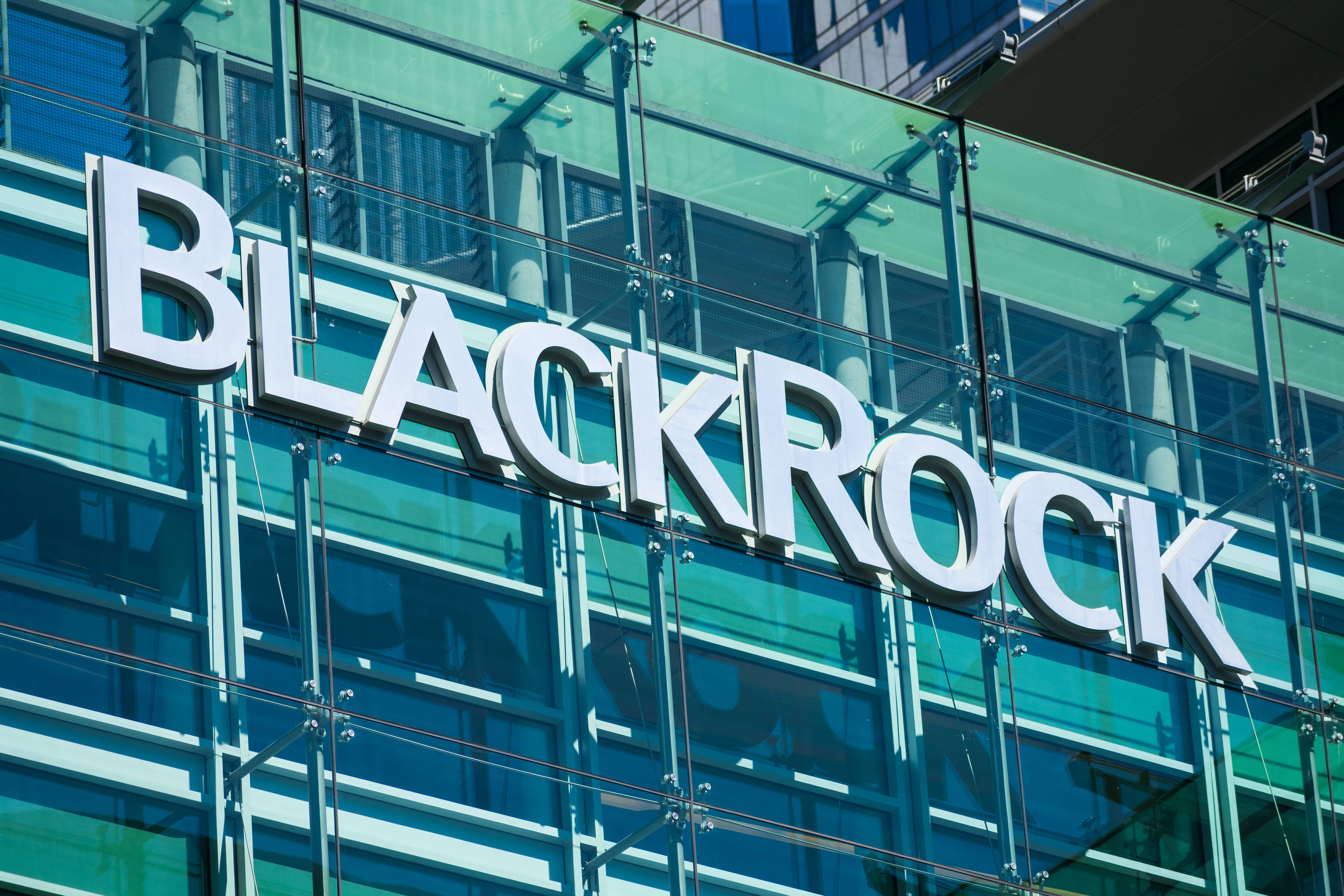BlackRock plans to lay off 600 staff as it looks to focus on key growth areas including technology, private markets and ETFs.
The job cuts comprise around 3% of the $9.1trn asset manager’s 19,800 headcount at the end of 2022, though no single team has been the focus of the reshuffle.
The move was described internally as routine, with a similar round of layoffs occurring last year based on employee performance metrics.
In a staff memo last Tuesday, founder and CEO Larry Fink and president Rob Kapito said the firm is adapting to a “rapidly changing environment” and its headcount is set to increase by the end of the year.
“By the end of 2024, we expect to have a larger workforce as we continue adding people and building capabilities to support key areas of growth,” the memo said.
“We need to be agile and efficient in how we serve our clients and how we manage our resources. We must leverage technology and we must redeploy people and resources where the client needs are greatest and the opportunities for growth the most promising.”
It added the industry is changing faster "than at any time since the founding of BlackRock", with ETFs becoming an essential tool for portfolio implementation.
"Thanks in large part to the outstanding work of our iShares team – ETFs are becoming ubiquitous as the preferred vehicle for delivering both index and active investment strategies," it said.
The firm maintains its position as the world’s largest ETF issuer, amassing $187bn new assets across all markets in 2023.
Its iShares division is also among a vanguard of issuers vying to launch the first batch of spot bitcoin ETFs in the US – subject to Securities and Exchange Commission (SEC) approval – while it has dialled back its ESG push in the US.
BlackRock also remains open to acquisition opportunities, as witnessed when the firm sent personnel to Switzerland to consider acquiring part of Credit Suisse, prior to UBS’s regulator-brokered takeover of its Swiss rival.
Fink told analysts at the time: “If there is an opportunity to do something transformational, we are going to be prepared to do it.
“It is through inorganic opportunities that we look at if we can expand our footprint. As I said in my prepared remarks, we are asking ourselves to reimagine BlackRock.
“I said to be in the game, we must play the game. And so, we are in the game. We are across the board working with our clients across the board. We are working with policymakers across the board. We are working with regulators worldwide.
“And through all that, there is an opportunity for something inorganic and transformational. We are going to be prepared to do something like that but I will just leave it at that.”
The world’s largest asset manager has a track record of large acquisitions adding new arms to its business.
After acquiring State Street Research & Management in 2005 and Merrill Lynch Investment Managers in 2006, it arguably went on to make its defining acquisition with its $13.5bn buy-up of Barclays Global Investors (BGI) and its iShares franchise in 2009, which saw the firm become the dominant force in passive investing.
Morgan Stanley analysts now expect BlackRock’s AUM to exceed $15trn in five years, led by fixed income and cash management.



